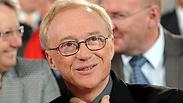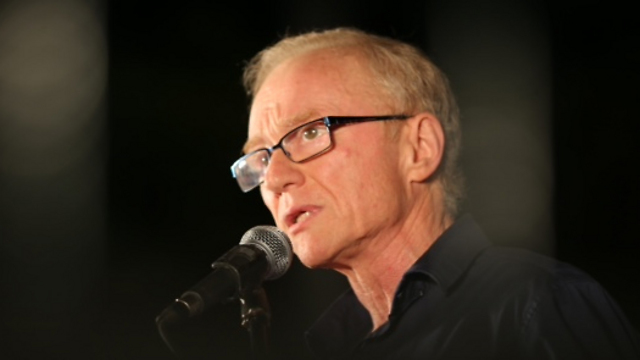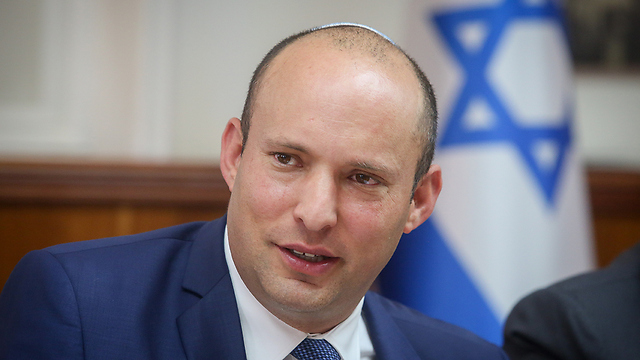
David Grossman’s Israel Prize win inspires hope
Op-ed: It’s nice to see the State of Israel awarding one of the government's biggest critics with its most important prize; listening to him from time to time wouldn’t do any harm either.
Grossman’s literary work has gained an enthusiastic readership in Israel and around the world and huge critical acclaim, both at home and abroad. It’s universal yet very Israeli, penetrating deep into Israelis’ pains and providing them with relief and remedy. His legs are deeply ingrained in the land of this country, in its landscapes, and even more so in its human landscape.
His selection is so obvious, that many people were surprised to hear that he is only receiving the Israel Prize now.

But these are not regular days. The politics controlling Israel today is tribal, instigating, inciting and dividing. Anyone who dares to disagree with the government is honored with delegitimization and personal rejection. The culture minister is the chief censor. She legitimizes and disqualifies works of art, she names patriots and traitors, she decides who is entitled to governmental aid and who is cast out, who is worthy of being featured in festivals and who isn’t—going against the authorities granted to her by law.
The Israel Prize for literature was last awarded in 2015. The Knesset elections were held on March of that year. On the eve of the elections, Prime Minister Benjamin Netanyahu decided to use his authority as the acting education minister and dismiss two members of the judges’ panel, Prof. Avner Holtzman and Prof. Ariel Hirschfeld.
It was an odd move: Why should the prime minister care about the identity of the literature professor on the prize committee? To this day, it is still unclear whether the judges’ dismissal was the result of an uncontrollable temper tantrum or aa brilliant trick aimed at attracting a certain kind of voters. In any event, it was an obscene, violent interference in the independence and honor of the Israel Prize. Following Netanyahu's move, Grossman withdrew his candidacy and others followed in his footsteps.
So this time, there was something joyful and hope-inspiring in the story of the prize. First of all, the panel of judges was led by Prof. Avner Holtzman, the same professor who had been dismissed by Netanyahu in the previous round; second, Education Minister Naftali Bennett was on his best behavior.
The Israel Prize tradition gives the education minister the privilege of telephoning the winners and informing them of the decision. It’s an exciting occasion, a sort of test both for the minister and for the winner.
Bennett, whose political vision totally contradicts Grossman’s, congratulated the winner with warm words, which sounded completely sincere and genuine. Later, he issued a statement praising the winner’s “deep wisdom, human sensitivity and unique language.” Bennett spoke open-mindedly, in a way which used to be considered non-partisan here. He sought to unite rather than divide. President Rivlin congratulated Grossman and wrote that he is “one of the greatest writers we have ever known.”
The congratulations focused, and rightfully so, on Grossman’s literary virtues. Nevertheless, his political cogitation and journalistic work must not be forgotten. Grossman’s book “The Yellow Wind” brought the reality in the territories on the eve of the first intifada into Israel’s homes. He essentially warned against it, predicted it.
He has been repeatedly warning ever since—in newspaper articles, in interviews and speeches—of the gaping gulf at Israel’s feet. We will become, he has warned, “a binational state, an apartheid state or a state of all its soldiers, all its rabbis, all its radicals, all its racists. Israel will become a militant, fundamentalist, inward-looking sect on the margins of history.”
These are difficult things to hear from an Israeli patriot, a man who cares about the state as much as he cares about his own life. They were born from the same wisdom, from the same human sensitivity Bennett spoke about.
It’s nice to see the state awarding Grossman with its most important prize. Listening to him from time to time wouldn’t do any harm either.











